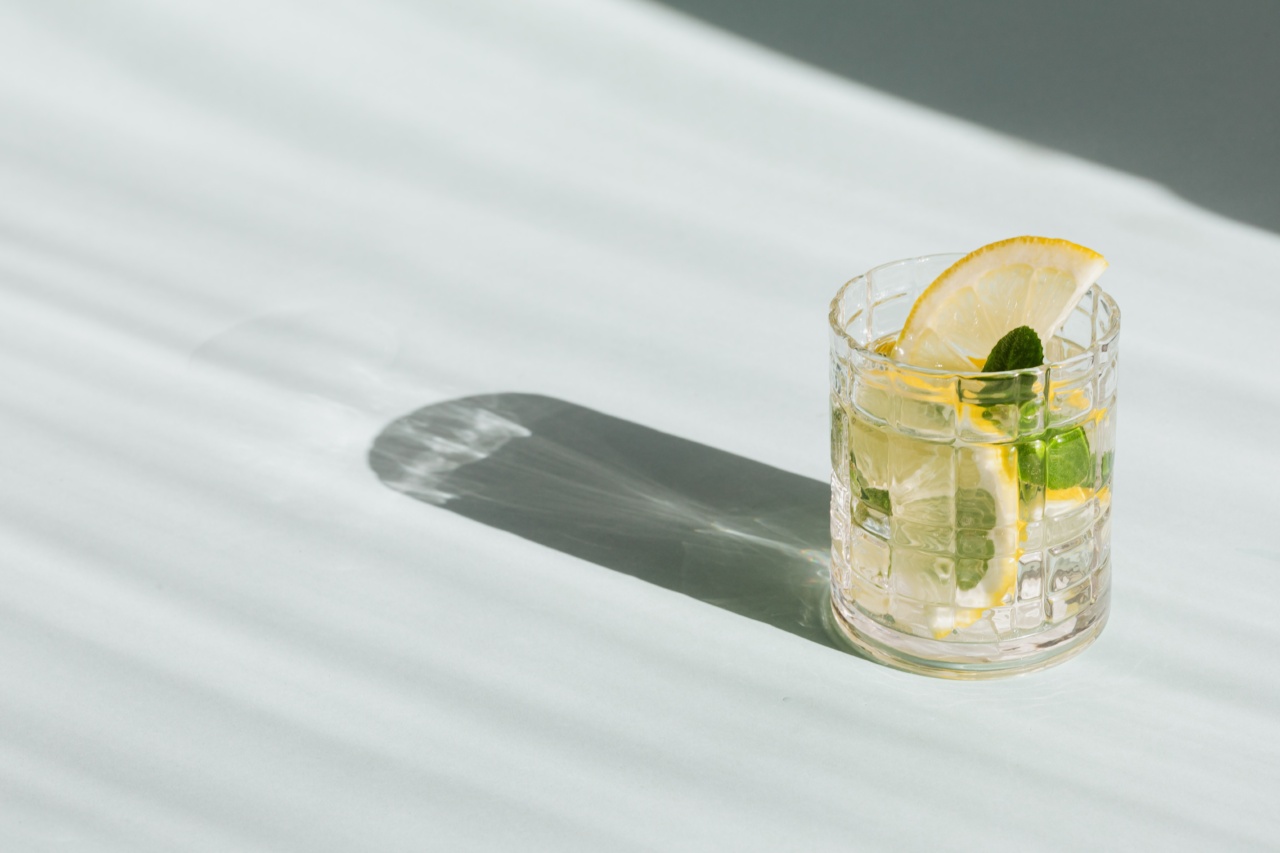Building muscle requires more than just hitting the gym regularly. A consistent exercise routine and a balanced, healthy diet are both essential for gaining muscle mass.
If you’re looking to pack on some muscle, consider incorporating these simple diet changes into your routine.
1. Increase Protein Intake
Protein is essential for building muscle mass, so it’s crucial to make sure that you’re consuming enough of it. Aim to consume around 1 gram of protein per pound of body weight each day.
This can be through meat, fish, poultry, eggs, dairy, or plant-based sources such as beans, lentils, tofu, and quinoa.
2. Eat More Frequently
Instead of eating three large meals a day, try dividing your meals into smaller and more frequent servings. This can help to maximize protein synthesis and keep your body in an anabolic state throughout the day.
3. Don’t Skip Breakfast
Breakfast is the most important meal of the day, especially if you’re looking to build muscle. Aim for a high-protein breakfast to help kickstart your metabolism and fuel your body for the day ahead.
4. Choose Nutrient-Dense Foods
When choosing your food, opt for nutrient-dense options such as whole grains, fruits, vegetables, lean proteins, and healthy fats. These foods will provide your body with the energy and nutrients needed to fuel workouts and pack on muscle mass.
5. Hydrate with Water
Water is essential for muscle growth, as it helps to transport nutrients throughout the body and prevent dehydration. Aim to drink at least 8 cups of water a day.
6. Increase Carb Intake
Carbohydrates are a vital source of energy for the body, especially during workouts. Aim for complex carbs such as whole grains, sweet potatoes, and legumes, rather than simple carbs such as sugar and white bread.
7. Consume Healthy Fats
Healthy fats such as avocados, nuts, seeds, and olive oil are essential for muscle growth, as they provide the body with vital nutrients and energy. Make sure to incorporate healthy fats into your diet in moderation.
8. Include a Post-Workout Meal
It’s important to consume a post-workout meal within 30 minutes of your workout to help aid in muscle recovery and growth. Aim for a meal high in protein and carbohydrates to refuel your body.
9. Don’t Overeat
While consuming enough nutrients is vital for muscle growth, it’s important not to overeat. Overeating can lead to weight gain and an increase in body fat, which can hinder muscle growth.
10. Prioritize Protein Timing
It’s important to consume protein throughout the day, but timing is key. Aim to consume protein before and after your workout, as well as with breakfast and dinner to help maximize protein synthesis.
11. Snack on Protein
Snacking can be a great way to boost your protein intake throughout the day. Opt for high-protein snacks such as greek yogurt, protein bars, and hard-boiled eggs.
12. Incorporate Supplements
Supplements such as whey protein and creatine can be a great way to supplement your diet and aid in muscle growth. However, it’s important to consult a healthcare professional before incorporating supplements into your routine.
13. Choose Lean Proteins
When choosing your proteins, opt for lean options such as chicken, turkey, fish, and tofu. These proteins are lower in fat and calories, and can be a great way to fuel your workouts without packing on extra weight.
14. Snack on Fruit
Fruit can be a great option for a quick and easy snack on the go. Not only is fruit high in antioxidants and nutrients, but it can also help to satisfy your sweet tooth without the added sugars found in processed snacks.
15. Cook with Spices
Cooking with spices such as turmeric, ginger, and cinnamon can help to reduce inflammation and aid in digestion. These spices can also add flavor to your meals and make eating healthy more enjoyable.
16. Avoid Processed Foods
Processed foods can be high in calories, sugars, and unhealthy fats, and can hinder your muscle growth progress. Opt for whole foods and reduce your intake of processed and packaged foods.
17. Make Your Own Meals
Making your own meals allows you to control what goes into your food and can be a great way to ensure that you are getting the nutrients and protein your body needs.
18. Choose Whole Grains
Whole grains are packed with fiber, minerals, and complex carbohydrates. Choose whole grain options such as brown rice, whole wheat pasta, and quinoa to help fuel your workouts and promote muscle growth.
19. Avoid Sugary Drinks
Sugary drinks such as soda, sports drinks, and energy drinks can contain a high amount of added sugars. Opt for water, tea, or black coffee to hydrate your body and fuel your workouts.
20. Prioritize Sleep
Sleep is crucial for muscle growth and repair. Make sure to prioritize 7-8 hours of quality sleep each night to give your body the rest it needs.
21. Eat Magnesium-Rich Foods
Magnesium is essential for muscle function, and consuming magnesium-rich foods such as spinach, almonds, and black beans can help to aid in muscle growth.
22. Avoid Skipping Meals
Skipping meals can lead to a reduction in muscle mass and can negatively impact your workout performance. Make sure to eat consistently throughout the day to ensure that your body is getting the nutrients it needs.
23. Pack in the Veg
Vegetables are packed with vitamins, minerals, and antioxidants that are essential for overall health. Incorporating a variety of vegetables into your meals can help to support muscle growth and recovery.
24. Try Fermented Foods
Fermented foods such as kimchi, sauerkraut, and kefir can help to improve gut health and aid in digestion. A healthy gut can help to improve your body’s overall nutrient absorption and support muscle growth.
25. Limit Alcohol Consumption
Alcohol can hinder muscle growth and repair by decreasing protein synthesis. Limit your alcohol consumption, especially around workout days.
26. Increase Your Caloric Intake
If you’re not seeing progress in your muscle growth, consider increasing your caloric intake. Consuming more calories than your body burns off can help to support muscle growth.
27. Choose Low-Glycemic Index Foods
Low-glycemic index foods such as sweet potatoes, oatmeal, and beans can help to improve insulin sensitivity and provide slow-burning energy for your workouts.
28. Incorporate Omega-3s
Omega-3s found in fatty fish such as salmon and mackerel can help to reduce inflammation and aid in muscle growth. Consider incorporating omega-3s into your diet through eating fatty fish or taking a fish oil supplement.
29. Avoid Skipping Rest Days
Rest is essential for muscle growth and recovery. Avoid overtraining and allow your body time to recover and rebuild muscle.
30. Track Your Progress
Keeping track of your diet and workouts can help to ensure that you’re on track for muscle growth. Consider keeping a food journal or using a tracking app to monitor your progress.






























